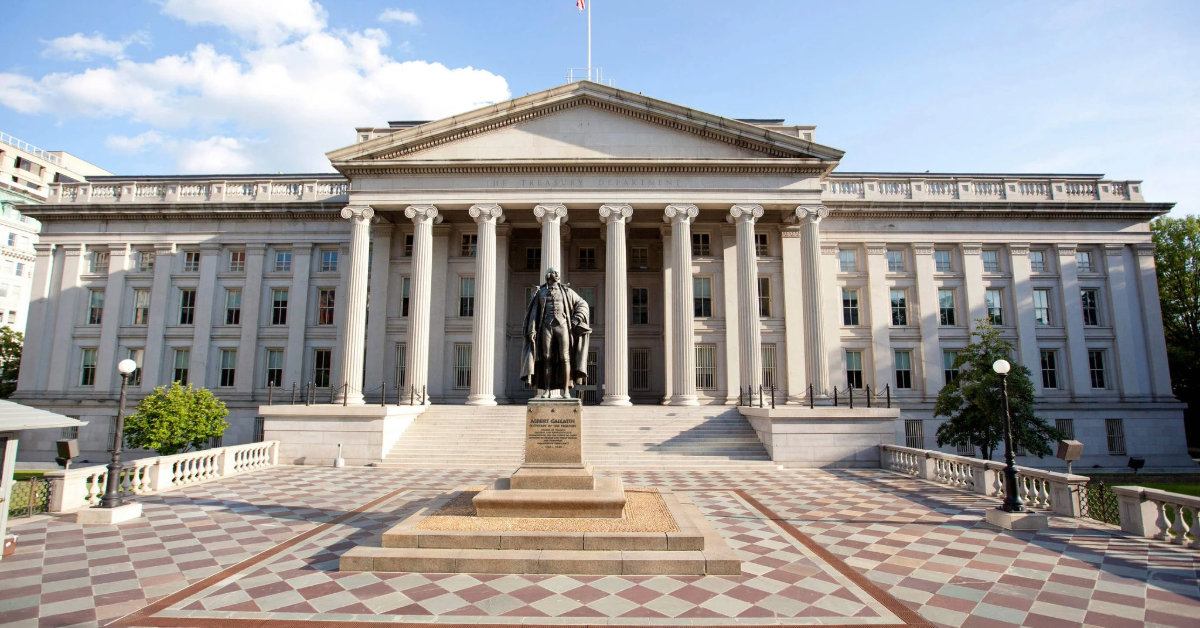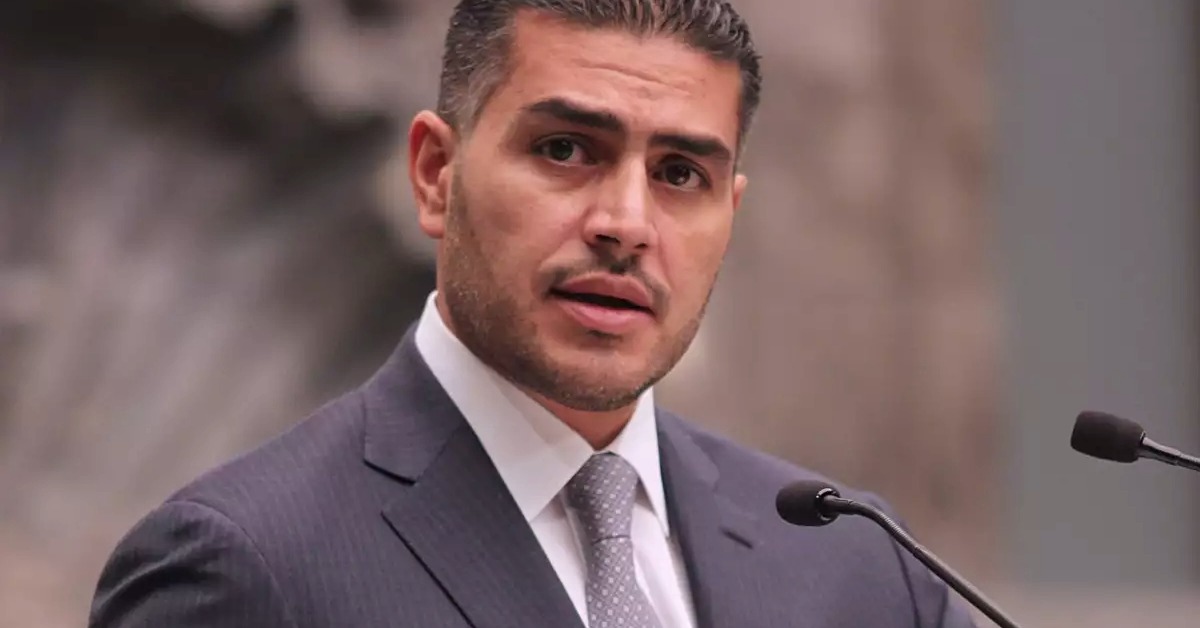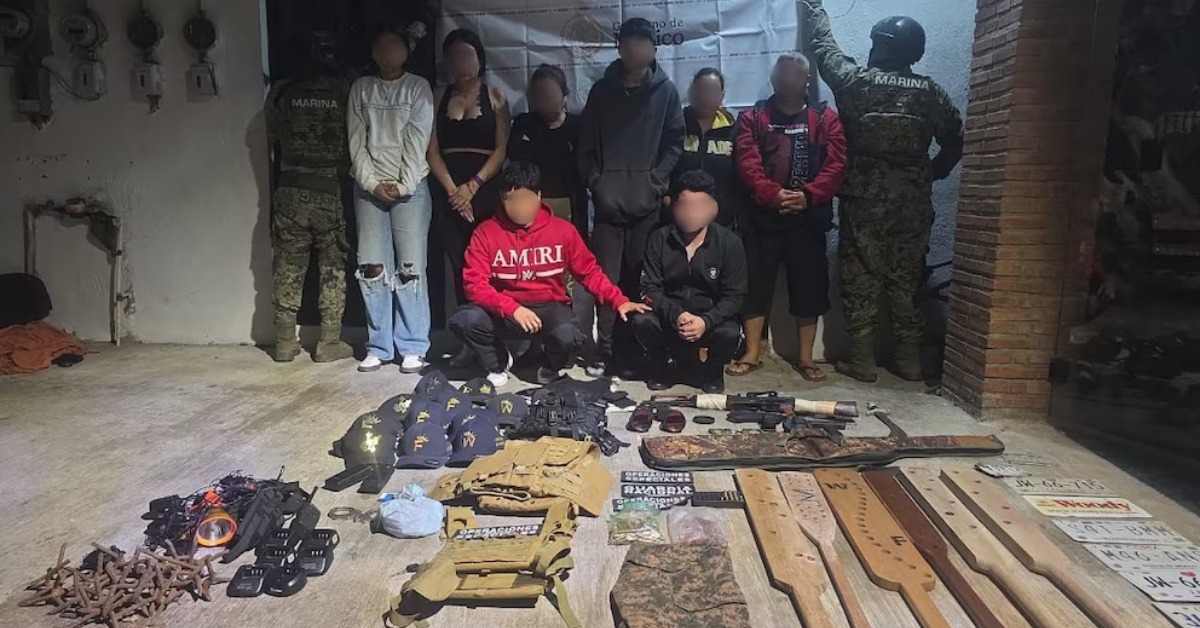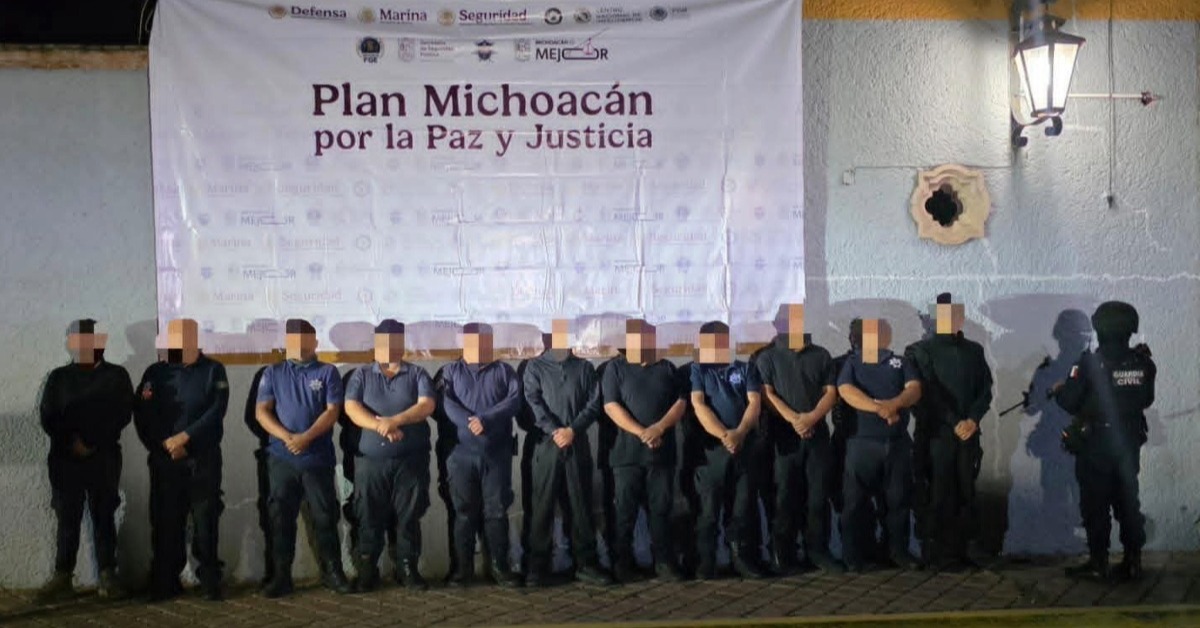The US Treasury has labeled CIBanco, Intercam, and Vector as primary money laundering concerns linked to opioid trafficking, imposing strict new sanctions under the FEND Off Fentanyl Act.
In an unprecedented move under the FEND Off Fentanyl Act, the U.S. Department of the Treasury's Financial Crimes Enforcement Network (FinCEN) announced Wednesday that three major Mexico-based financial institutions—CIBanco, Intercam, and Vector Casa de Bolsa—have been officially designated as primary money laundering concerns tied to the illicit opioid trade.
The Treasury's sweeping order, published under its expanded . . .






